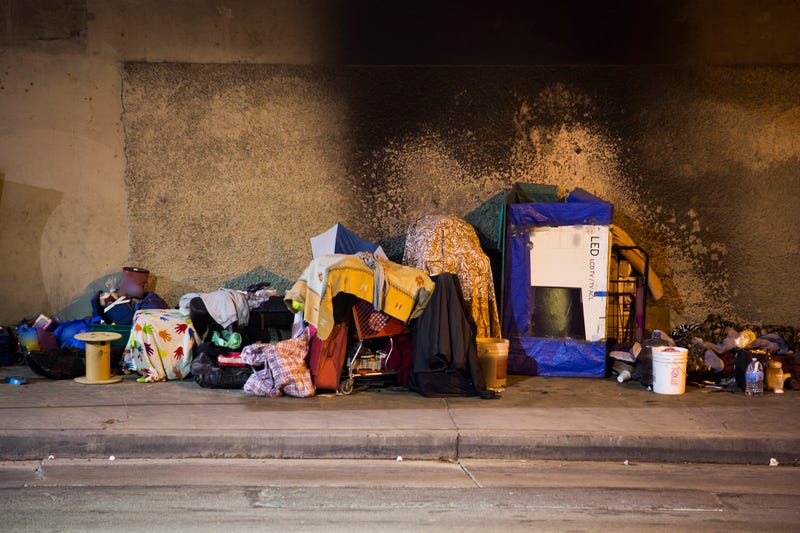
California’s homeless housing initiative Homekey moved into its second phase, using $2.75 billion to buy and rehabilitate buildings for permanent, long-term housing units for people experiencing homelessness, Gov. Gavin Newsom announced on Thursday.
The Homekey program started taking applications in July and made $600 million in grants available to agencies for acquiring buildings like hotels, motels and apartments. The housing units would provide homes for people experiencing or at risk of homelessness.

Project Roomkey, Homekey’s predecessor, was established in March 2020 in response to the COVID-19 crisis. It was designed as a first-of-its-kind partnership with FEMA to quickly provide temporary shelter in hotels and motels for people experiencing homelessness. The state provided over $100 million in emergency funding alone for the project last year.
“We are going all in on solutions that work – tackling the homelessness crisis head-on with a constructive, compassionate approach and a focus on serving those with the most acute behavioral health needs,” said Newsom in a statement. “This investment will allow us to build on Homekey’s groundbreaking success – creating more housing, faster and with accountability and efficiency.”
Business, Consumer Services and Housing Agency Secretary Lourdes Castro Ramírez praised the program as a success.
According to Ramirez, the state created more than 6,000 housing units in the first round of Homekey funding. “It was the largest single addition of permanent housing in the state’s history, but our work is far from done,” she said.
In Los Angeles, Project Roomkey took the form of a partnership between the state, the county and the Los Angeles Homeless Services Authority. The majority of the Project Roomkey cites in L.A. have closed. County officials cited the large upfront costs as an issue in a March report.
However, rather than paying for people’s stays in temporarily converted shelters, Homekey looks to purchase buildings for long-term housing.
The first phase of the project had an investment of $846 million, which the governor’s office said resulted in 94 projects across the state that closed escrow last year.
City officials say that tackling the homelessness crisis in L.A. remains a priority. Last year, through $120 million in State Homekey grants and $60 million of the city's funds, the city purchased 15 sites across L.A. to turn into 744 permanent housing units for Angelenos experiencing homelessness.
“The pandemic has reinforced what we have long known: the only way to end the homelessness crisis is with more affordable, long term, and quality housing,” said Mayor Eric Garcetti.
“Creative and lasting solutions like the Homekey program will help meet the immediate and critical need for housing today, while giving our unhoused neighbors a path to a permanent place to call home tomorrow.”
Following the announcement of Homekey's expansion, Garcetti announced the opening of the Whitsett West Tiny Homes Village. The housing site will provide 77 tiny homes and 150 beds for adult Angelenos experiencing homelessness.
The Whitsett West location is the city's seventh tiny home village. The shelter will be run by Hope of the Valley Rescue Mission and should be open for move-ins by Sept. 21.

